
7 Business Communications Software Success Stories [2025]
Picture a world of effortless business communication. That’s the premise behind starting a business in business communications software. Essentially, your enterprise would create cutting-edge tools that facilitate seamless communication within, and possibly even between, companies.
This business reaches deep into a company's workflow, streamlining processes, amplifying productivity, and thereby increasing profitability. With a well-developed product, you could help businesses bridge communication gaps, enhance collaboration, and foster a more engaging and efficient work environment.
Given the modern era's emphasis on technology and remote work, the market for reliable, user-friendly communication software is nothing short of massive. As this is a largely uncharted territory with countless untapped opportunities, it's an exciting field to navigate with your business idea. As the architect behind the communication tools of tomorrow, you'll not only shape how businesses interact, but could also break new ground in the realm of business software solutions.
In this list, you'll find real-world business communications software success stories and very profitable examples of starting a business communications software that makes money.
1. Nextiva ($120M/year)
Nextiva was founded by CEO Tomas Gorny after experiencing inefficiencies in the business communication market. He wanted to create a company focused on innovation and delivering the best customer experience, which led to the development of NextOS and the expansion of Nextiva's services beyond business phone services. Despite being surrounded by industry giants, Nextiva differentiated itself through its self-funding approach, commitment to Amazing Service, and focus on building a positive company culture.
How much money it makes: $120M/year
How many people on the team: 1000
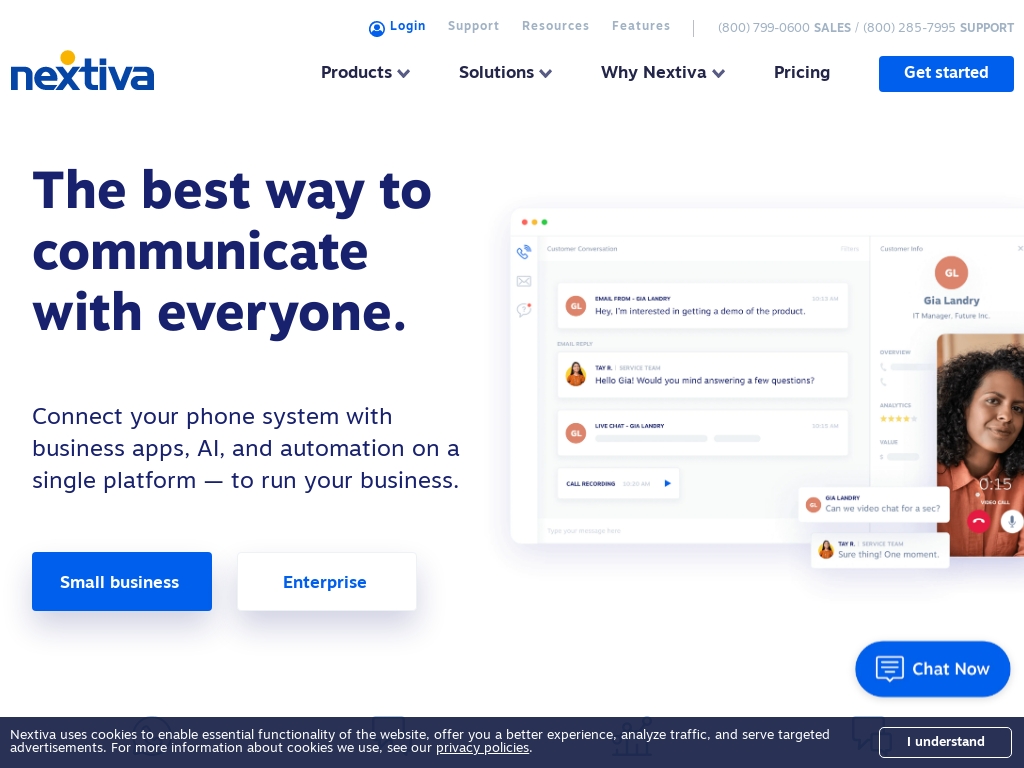

Nextiva, an Arizona-based business communications company, has developed an all-in-one platform called NextOS, which offers CRM tools, team collaboration tools, and business communication tools, resulting in a significant shift in its business model, and has grown from just a few employees to over 1,000 spread around the world, entirely self-funded, and focused on providing amazing service to its customers.




2. MightyCall ($2.34M/year)
Anna Miranchuk, the Product Manager of MightyCall, shares that the idea for the business was not a sudden revelation but rather a spin-off from the larger tech company Infratel. As a team of nine employees, they saw the potential in the small business phone system market and began offering basic VoIP features. Despite a slow start, the team's personal and professional growth, as well as listening to customer feedback, helped MightyCall achieve success, with over $200,000 in monthly revenue and a user base of 6,000 small business owners and 25,000 active users.
How much money it makes: $2.34M/year
How many people on the team: 65
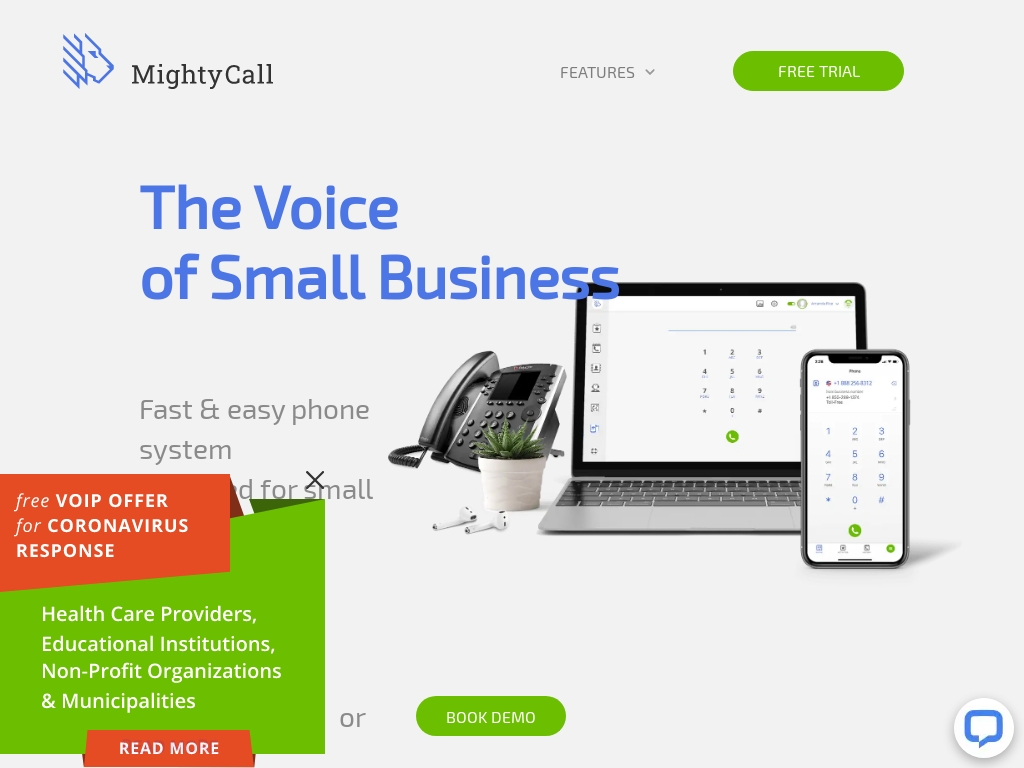

MightyCall's Product Manager, Anna Miranchuk, explains how they launched and grew a B2B VoIP business phone service that brings in just over $200,000 per month as of January 2021, with a user base exceeding 6,000 small business owners and 25,000 active users, and shares lessons for aspiring founders who want to build or grow their own business.




3. Modelnet ($1.2M/year)
Dmitry Alentyev came up with the idea for Scrile when he was working part-time as a Java developer and tasked with finding feasible projects in the international market. After the 9/11 terrorist attack affected the international market, Alentyev decided to start his own company and offer custom development orders to clients. Over time, they began to create their first business product, WebVideo, which evolved into the ModelNet platform.
How much money it makes: $1.2M/year
How much did it cost to start: $200K
How many people on the team: 50
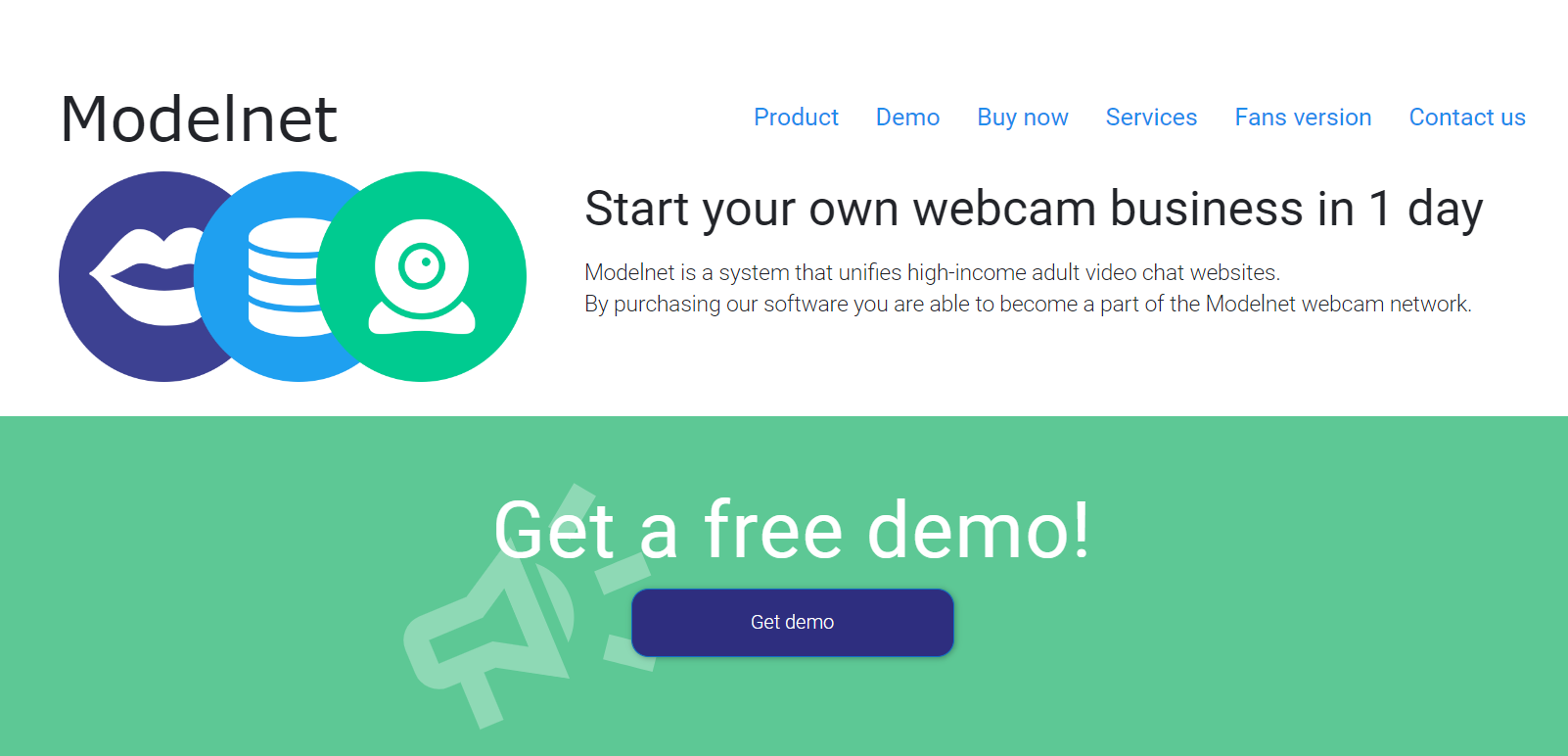

Scrile, a software development company, created ModelNet, a platform for online video conferencing and live video chat that has earned $1.5M in sales with a margin of 40-50%, and expanded into new markets and niches such as online expert advice and consulting and telemedicine.




4. Levisoft ($504K/year)
Ricardo Cardona launched Levisoft in 2016 out of necessity while studying in Mexico with only $200 monthly support from his family. What started as a hustle to cover basic expenses has now become a profitable business, generating $300,000 net profit annually by offering diversified software development services.
How much money it makes: $504K/year
How much did it cost to start: $350
How many people on the team: 8
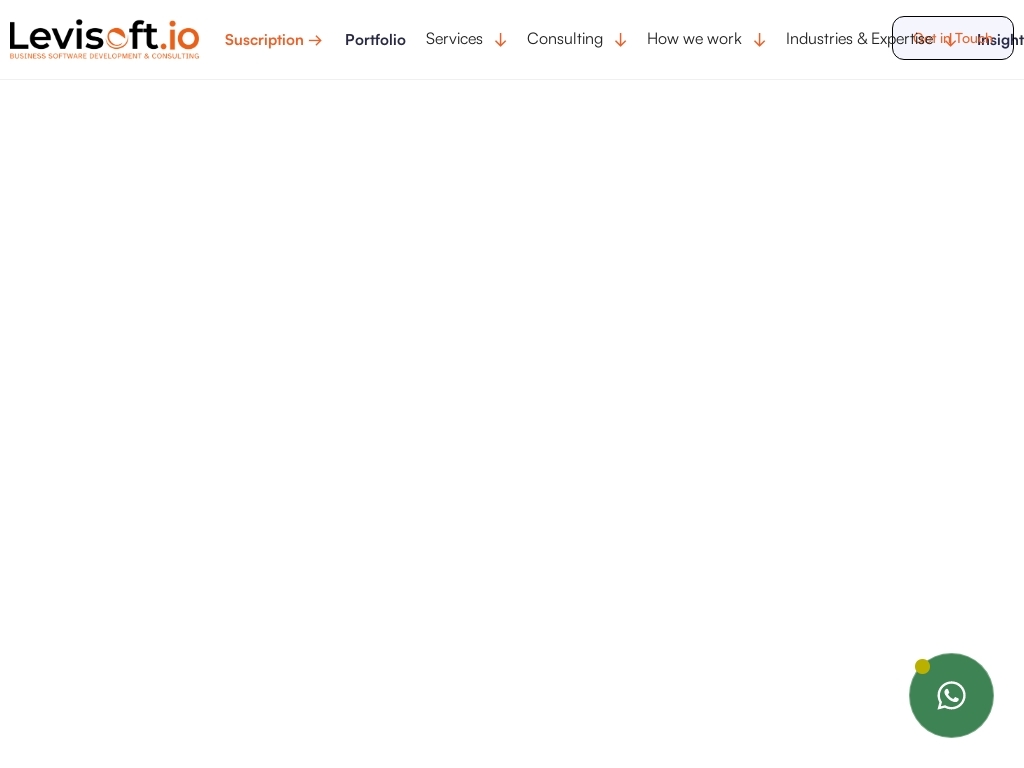

Discover how Levisoft.io built a $300,000 net profit business by delivering scalable low-code and software development solutions with a lean, high-output model that includes a dedicated team of 7 specialists, enabling rapid deployment and exponential growth for startups.




5. PEAR Cards ($228K/year)
Matthew Roberts, co-founder of PEAR Cards, came up with the idea for his business after using a set of "Positivity Cards" at a friend's party. Inspired by the meaningful and touching experience, Roberts realized the need for more moments like that in people's lives and set out to create PEAR Cards, a card-based tool/game that initiates positive conversations. With the help of his co-founder and friend, Roberts built the initial version of PEAR Cards, gathered feedback, and launched a successful Kickstarter campaign to fund their production. The brand has since grown through word of mouth, social media, and the support of influential partners like Ad Magic.
How much money it makes: $228K/year
How many people on the team: 1
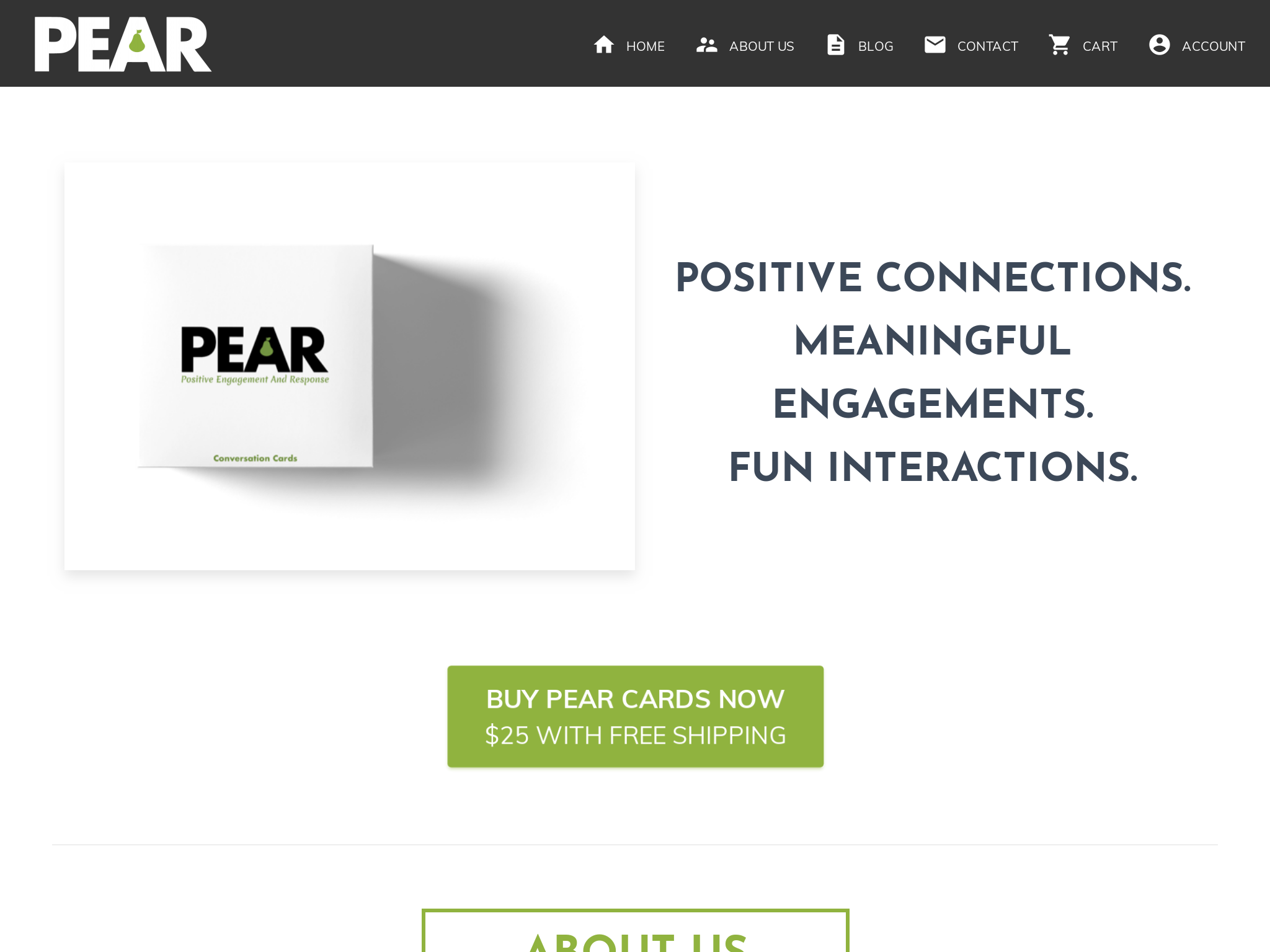

PEAR Cards is a card-based tool/game that empowers players to open up and initiate positive conversations, and with the help of Ad Magic, their Kickstarter had an all-or-nothing fundraising goal, which they met with so much support the company is now growing through the power of Twitter and Instagram.




6. Freeflow ($60K/year)
Mikhiel Tareen and Nick Scavone, former employees of Okta, noticed the challenges that remote employees faced in terms of feeling disconnected from their teams. They conducted extensive research and discovered that the root cause was the lack of casual and spontaneous communication tools for remote teams. This led them to create Freeflow, a B2B software company that provides a 'virtual office' for remote teams to collaborate in a more organic and efficient manner.
How much money it makes: $60K/year
How many people on the team: 8
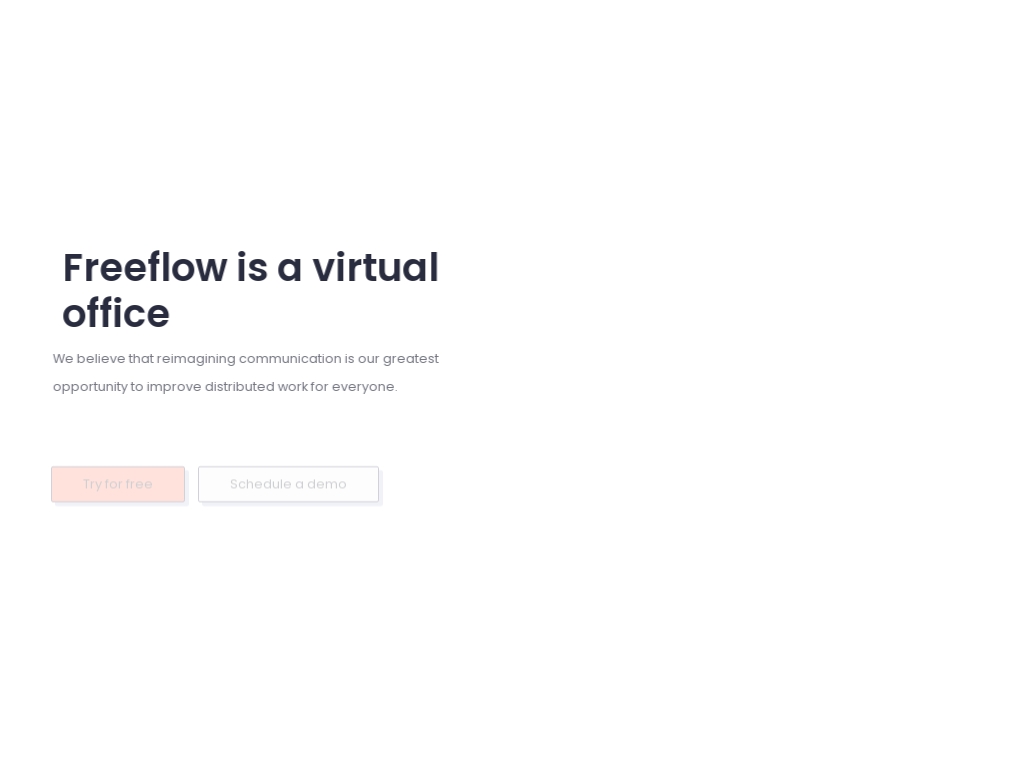

Freeflow, a B2B software company providing a 'virtual office' for remote teams, raised $1.7M in pre-seed funding, reduced meeting times by as much as 50%, boasts 35+ daily team conversations, and helps globally scaling firms integrate new hires and onboard into the culture.




7. Siva Solutions Inc. ($60K/year)
Senthil Kumar, the founder of Siva Solutions Inc and American Dental Software, was inspired to start his business after his wife, who is an oral surgeon, told him about the exorbitant prices charged by website developers in the dental industry. As a software developer himself, Kumar saw an opportunity to offer affordable website development solutions specifically tailored to dentists. He incorporated features such as 3D dental education videos and interactive patient forms into the websites, ultimately helping dentists improve their online presence and streamline their processes.
How much money it makes: $60K/year
How many people on the team: 20


Senthil Kumar spearheads Siva Solutions Inc, a game-changing digital marketing and software development company which caters to dentists using an array of well-crafted products to manage patient data and inquiries, thus enabling efficient management of processes, while boosting them to the 1st page on Google.















